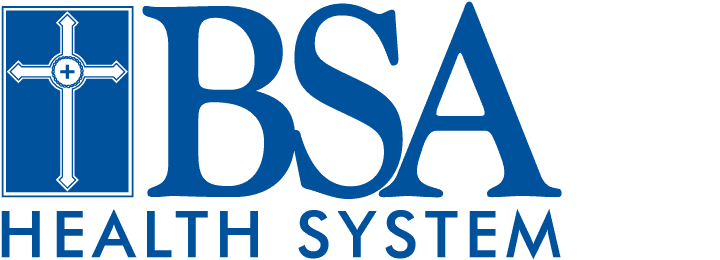Neurologists in Amarillo, TX
At BSA Health System, we understand the complexities and daunting nature of neurological disorders. Our esteemed neurologists work diligently to ensure you and your loved ones receive exceptional care and advanced, state-of-the-art treatments. We offer an array of comprehensive services to diagnose and treat neurological conditions and disorders. We provide stroke treatment, care for multiple sclerosis (MS), epilepsy, Parkinson’s disease, and many other neurological disorders. At BSA Health System, we stand ready to provide high quality neurological care our Amarillo community can depend on.

Neurological Conditions We Treat
Our doctors blend expertise with compassionate care to treat the following neurological conditions:
- Alzheimer’s
- Blepharospasm and hemifacial spasm
- Cervical dystonia
- Dementia
- Epilepsy
- Limb spasticity
- Migraines
- Multiple sclerosis
- Movement disorders
- Parkinson’s disease
- Stroke
We also offer diagnostic imaging services at our diagnostic clinic. Our services include electroencephalogram (ECG or EKG) monitoring to test the electrical activity in the brain, as well as nerve conduction studies and electromyography tests to evaluate the condition of your nervous system. Should you require further diagnostic testing, we will connect you with our imaging department.
A referral is required to see one of our neurologists. For more information, please call our Diagnostic Clinic.
Stroke signs and symptoms
Recognizing the symptoms of a stroke is one of the best ways to stay ahead of the health of you and your loved ones. There are many symptoms of stroke that patients should be aware of. One way to remember the most common symptoms is to BE FAST:
- B – Balance. Is the person suddenly having trouble with balance or coordination?
- E – Eyes. Is the patient experiencing sudden vision troubles? This includes blurred vision, double vision, or loss of sight in one or both eyes.
- F – Face drooping. Ask the person to smile. Is one side of their face numb or drooping?
- A – Arm weakness. Ask the person to raise both arms to the same level. Does one arm drift downward? Is one arm weak or numb?
- S – Speech difficulty. Ask the person to say a sentence. Are they struggling to speak normally?
- T – Time to call 911. If the person is experiencing ANY of these symptoms, call 911 immediately.

